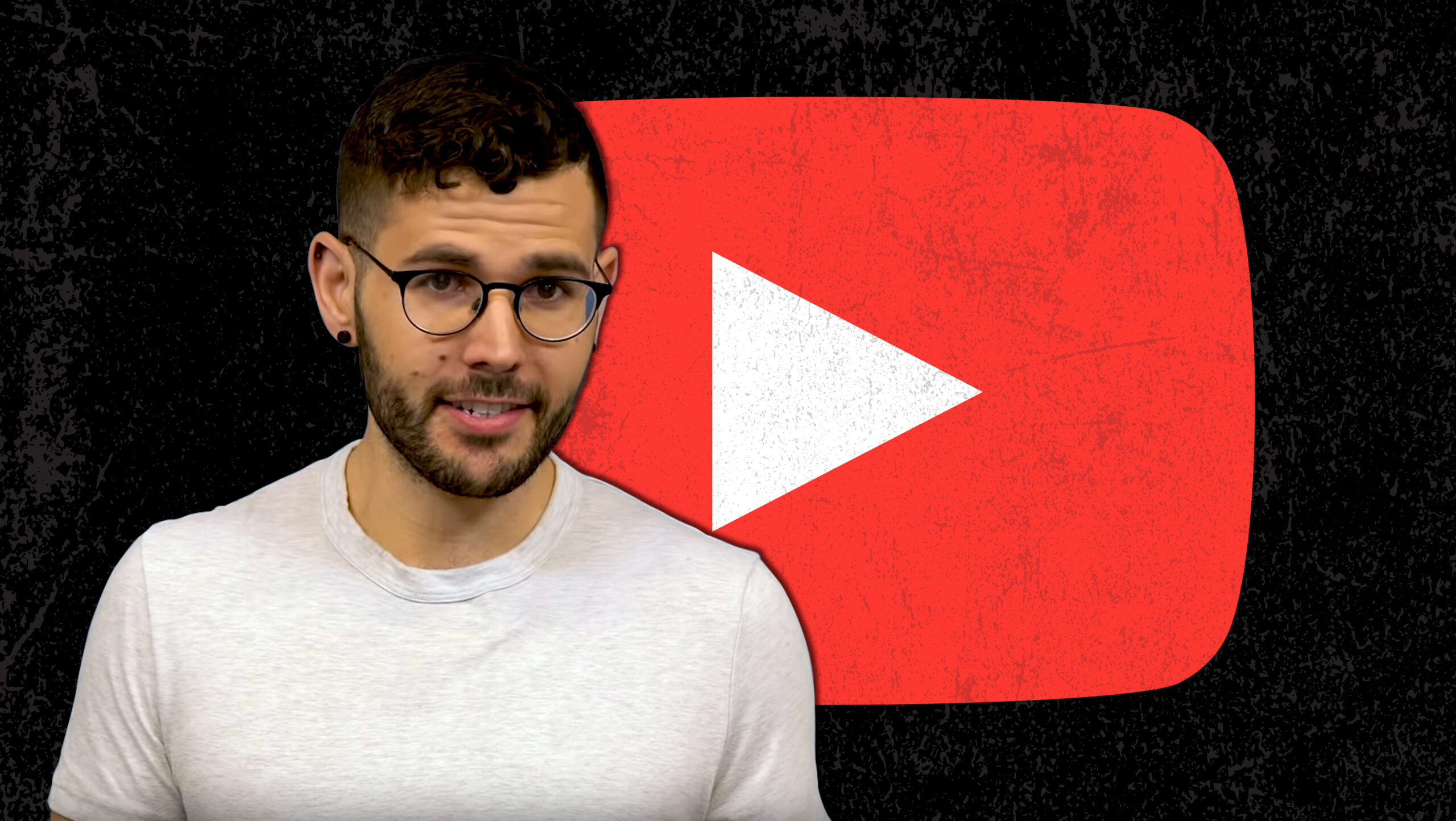Last month, Vox writer, video producer and host Carlos Maza reached his limit. He had spent months as the target of homophobic and racist slurs on YouTube, and his main critic, Steven Crowder — the abrasive right-wing pundit and host of the online talk show Louder with Crowder who had amassed more than three million subscribers — showed no sign of stopping. In his videos, Crowder called Maza a “lispy sprite,” “the lispy queer from Vox,” and an “anchor baby,” all the while mocking his mannerisms and speech.
Maza turned to Twitter to air his grievances when it became clear YouTube was overlooking Crowder’s videos, despite its hate speech policies. “I’m fucking pissed at YouTube, which claims to support its LGBT creators, and has explicit policies against harassment and bullying,” he wrote. “YouTube does not give a fuck about queer creators . . . YouTube just wants clicks.”
Since I started working at Vox, Steven Crowder has been making video after video “debunking” Strikethrough. Every single video has included repeated, overt attacks on my sexual orientation and ethnicity. Here’s a sample: pic.twitter.com/UReCcQ2Elj
— Carlos Maza (@gaywonk) May 31, 2019
When Maza’s Twitter thread went viral, YouTube finally responded. Its solution: an update to the platform’s hate speech policy that would specifically counter videos that “alleg[e] that a group is superior in order to justify discrimination, segregation or exclusion based on qualities like age, gender, race, caste, religion, sexual orientation or veteran status.” Yet, Crowder’s videos were not among the content removed under the new policy.
Many LGBTQ2 creators say this is the final straw. Some have even left the platform in protest of its treatment of queer and trans users. As the Pride Foundation of Maryland’s Brian Gaither wrote in the Advocate about the organization’s recent departure from YouTube, “We will not ourselves ratify YouTube’s decision to coddle homophobes and broadcast their hateful messages to millions of viewers.”
The consensus among many is that massive social networks like YouTube haven’t done enough to make their platforms a safe space for marginalized communities.
There’s a long history of ignored discrimination toward queer and trans folks online, and Crowder’s targeting of Maza is only the latest incident that has left LGBTQ2 people feeling unwelcome on social media. Last year, when Tumblr banned adult content from its platform, LGBTQ2 users who had congregated on the site to find community were especially affected. Facebook was criticized in 2018 when it banned LGBTQ2 advertisements from its site. And Twitter has faced backlash for years for failing to address users who use hateful language on the platform.
But YouTube has arguably been the least responsive to the concerns of queer and trans creators and users. In 2017, the site age-restricted, demonetized and hid some content with LGBTQ2 themes. While the company said it was an error due to automatic filtering on the platform, creators continued to face the same issue well into 2018. Trans creator Chase Ross told The Verge that in addition to having his content age-blocked so that youth could not watch, anti-LGBTQ2 ads began running on his videos. He alleges that the words “trans” and “transgender” were targeted by the platform’s algorithm to determine what content should be blocked or age restricted, though YouTube denies the claim.
When the Maza concerns about the abuse he was receiving came to light, many called YouTube’s response a bandaid solution that fails to address the root of the issue. While Crowder’s channel was eventually demonetized, no videos were removed. “As an open platform, it’s crucial for us to allow everyone — from creators to journalists to late-night TV hosts — to express their opinions within the scope of our policies. Opinions can be deeply offensive, but if they don’t violate our policies, they’ll remain on our site,” YouTube tweeted in response to Maza.
(3/4) As an open platform, it’s crucial for us to allow everyone–from creators to journalists to late-night TV hosts–to express their opinions w/in the scope of our policies. Opinions can be deeply offensive, but if they don’t violate our policies, they’ll remain on our site.
Advertisement— TeamYouTube (@TeamYouTube) June 4, 2019
At a tech conference this week, YouTube CEO Susan Wojcicki apologized to LGBTQ2 communities on the platform, but stood by the decision not to delete Crowder’s videos.
For Maza, that’s not enough. “YouTube has decided not to punish Crowder, after he spent two years harassing me for being gay and Latino,” he tweeted. “It’s fucking Pride month. Use your power. Other queer creators are counting on you.”


 Why you can trust Xtra
Why you can trust Xtra


